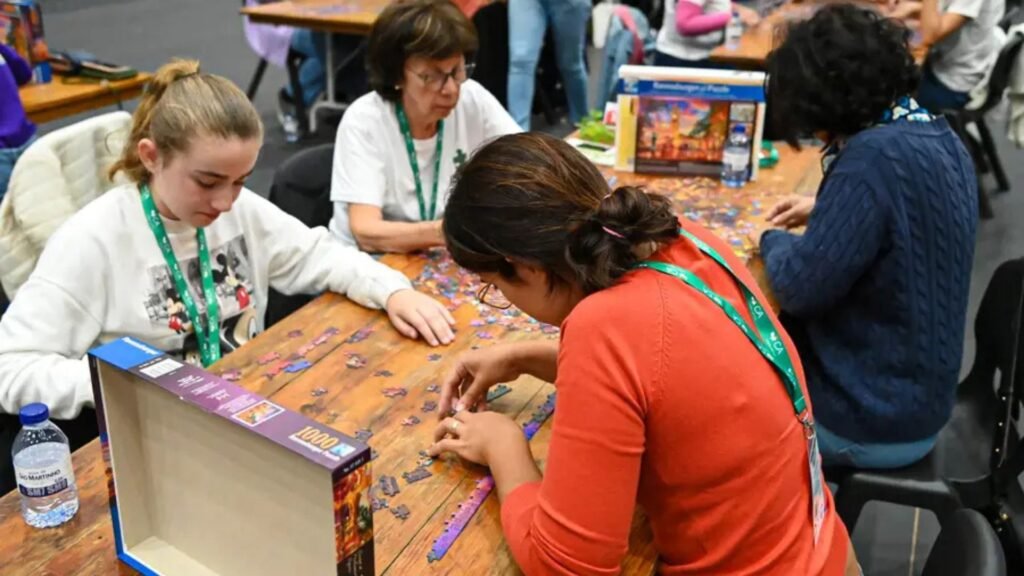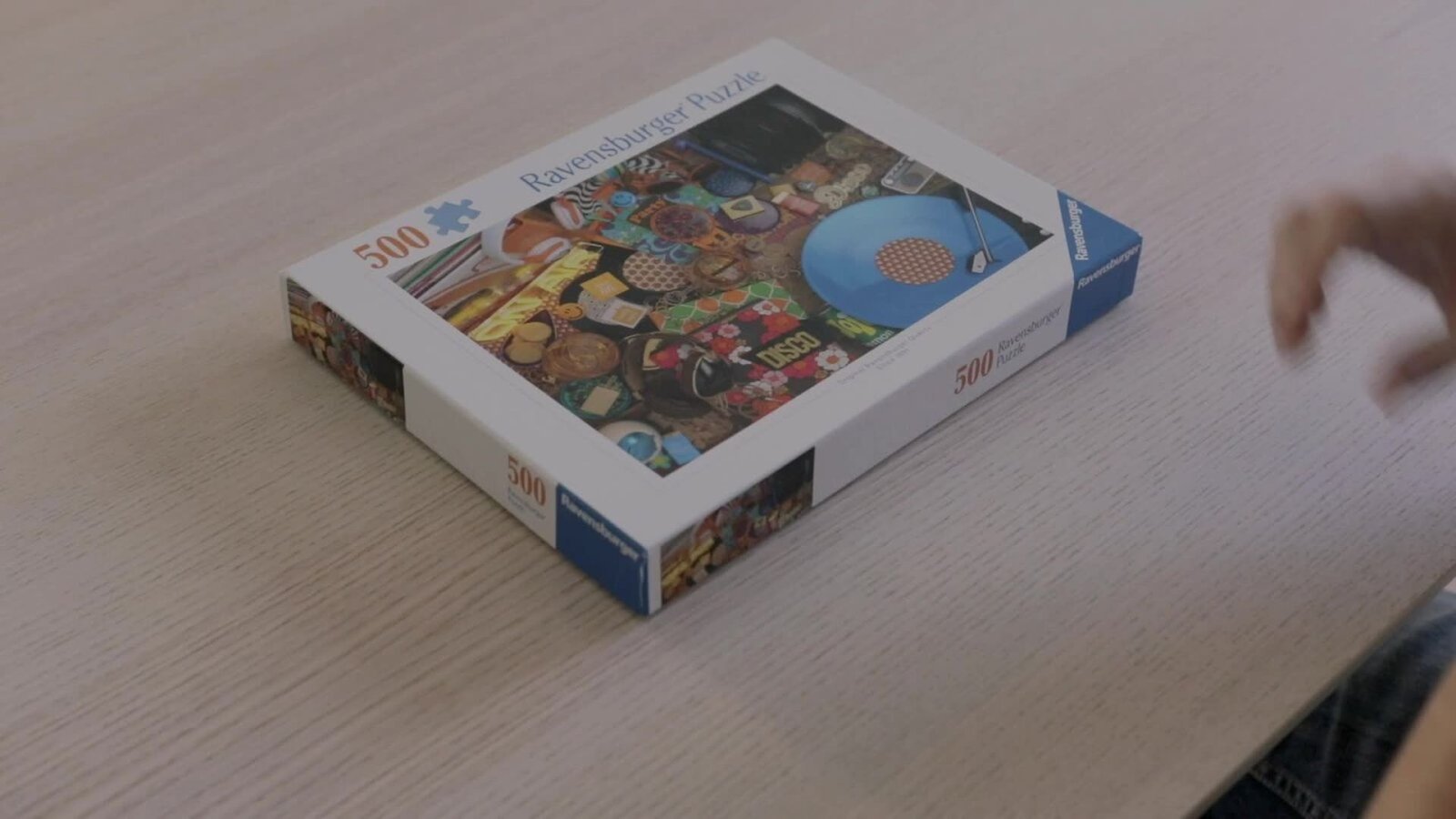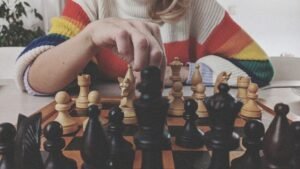Puzzle competitions, whether online or offline, bring together the sharpest minds from around the world. While it’s true that solving puzzles can be a fun and rewarding experience, preparing for and excelling in these competitions requires dedication, practice, and strategy. Whether you’re participating in a jigsaw puzzle challenge, a crossword competition, or a logic puzzle tournament, there are specific steps you can take to improve your skills and increase your chances of victory. In this guide, we will explore how to prepare for puzzle competitions, covering effective preparation strategies, techniques for improving your problem-solving skills, and tips on how to stay focused during the competition.

Understand the Types of Puzzles in the Competition
Before diving into preparation, it’s important to know the types of puzzles you’ll be facing. Puzzle competitions can feature a variety of puzzle genres, each requiring a different set of skills. These may include:
a. Jigsaw Puzzles
Jigsaw puzzle competitions typically focus on speed. The goal is to assemble a set number of pieces in the shortest time possible. Familiarity with puzzle shapes, colors, and patterns will give you an advantage.
b. Crossword Puzzles
Crossword competitions test your vocabulary and general knowledge. To prepare, you need to familiarize yourself with common crossword clues, patterns, and wordplay techniques.
c. Logic and Math Puzzles
These puzzles are designed to test your reasoning and mathematical ability. They require strategic thinking, pattern recognition, and the ability to think under pressure.
d. Puzzle Rush
Some competitions, like Puzzle Rush, are timed events where participants are tasked with solving as many puzzles as possible within a set period of time. Speed and efficiency are key here.
Practice Regularly to Build Speed and Accuracy
The more you practice, the better you will become. This is especially true in puzzle competitions, where both speed and accuracy are essential. Setting aside dedicated time for practice is the best way to prepare for an upcoming competition.
a. Practice with Time Limits
In timed competitions, your ability to solve puzzles quickly is just as important as solving them correctly. To train, set a timer when practicing puzzles to simulate the pressure of the competition. Start with longer time limits and gradually reduce the time as you get better.
b. Focus on Accuracy
While speed is crucial, accuracy cannot be neglected. Incorrect answers or incomplete puzzles will cost you points or valuable time. Practice solving puzzles with a focus on getting every detail correct, even if it takes a little longer.
c. Diversify Your Practice
To prepare for a variety of puzzle types, make sure to practice different genres. Work on jigsaw puzzles, crosswords, logic puzzles, and even number-based challenges to develop a well-rounded skill set.
Study Puzzle-Solving Strategies
To solve puzzles efficiently and quickly, you’ll need to use specific strategies. Each puzzle type has its own tricks and techniques that can help you save time and effort during a competition.
a. Jigsaw Puzzle Strategy
For jigsaw puzzles, a popular technique is sorting the pieces by edge pieces, colors, and patterns before starting the assembly. Work from the edges inward, focusing on completing the corners and frame first. Familiarize yourself with the puzzle’s image to anticipate where the pieces should go.
b. Crossword Puzzle Strategy
With crosswords, begin by filling in the answers you are sure of. Look for shorter words or common phrases. Also, try to learn common crossword clue formats, such as abbreviations, puns, or word associations. Regularly solving puzzles from newspapers or apps like The New York Times will help you get comfortable with the format.
c. Logic Puzzle Strategy
For logic puzzles, break the problem into smaller parts and use deductive reasoning. Eliminate impossibilities and work step by step toward the solution. Practice solving different types of logic puzzles (like Sudoku or nonograms) to get familiar with common patterns and tricks.
d. Puzzle Rush Strategy
For timed puzzle challenges, prioritize solving the easiest puzzles first to build momentum. Skip the harder ones temporarily and come back to them later if time permits. A strategy focused on quick wins will ensure that you have a higher score by the end of the competition.
Conclusion
Winning a puzzle competition is no easy feat, but with the right preparation, strategy, and mindset, you can significantly increase your chances of success. By practicing regularly, understanding the types of puzzles, developing effective strategies, and managing your mental and physical well-being, you’ll be ready to face any challenge that comes your way. Stay focused, stay calm, and most importantly—enjoy the process of solving puzzles!



